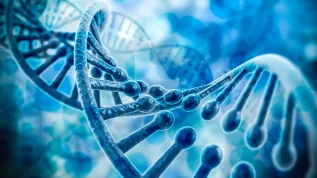-
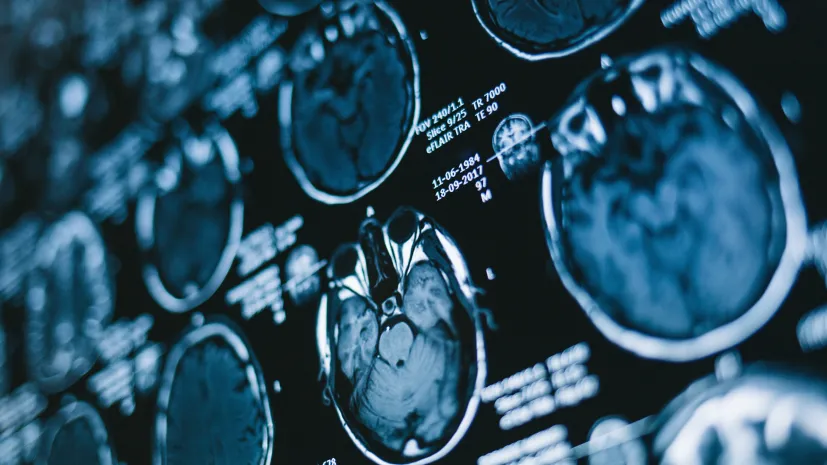
Early exposure to nitrogen dioxide negatively affects children's brain structure
Exposure to nitrogen dioxide during pregnancy and early childhood may harm the brain’s white matter - the network responsible for communication between regions of the brain - according to new research from psychologists at the Jagiellonian University.
-

AI can help diagnose heart disease, study finds
Artificial intelligence applied to optical coherence tomography (OCT) imaging can effectively identify high-risk plaques and predict adverse cardiovascular outcomes in patients after myocardial infarction, according to a new study on AI in invasive cardiology.
-

Direct atom interactions can enhance light emission, physicists demonstrate
Polish and American physicists have shown that direct interactions between atoms can strengthen superradiance - a collective flash of light - a finding that may inform future quantum technologies, including sensors, networks, and quantum batteries.
-
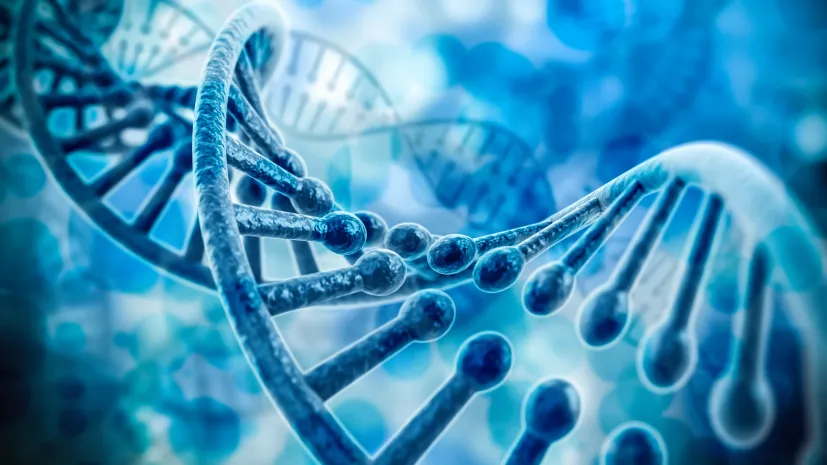
Polish researchers co-author forensic tool that reads age from DNA
Polish scientists have co-authored one of the most advanced forensic tools capable of estimating a person’s age to within a few years from a DNA sample. The models are now being tested in laboratories worldwide.
-
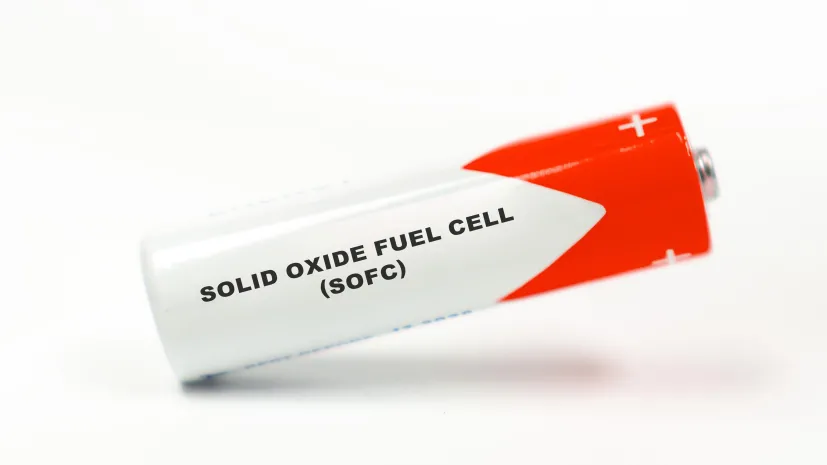
Polish researchers boost efficiency and durability of solid oxide fuels
A method that significantly enhances the efficiency and lifespan of solid oxide fuel cells (SOFCs) has been developed by researchers at AGH University of Science and Technology in Kraków, in collaboration with teams from Denmark and China.
-
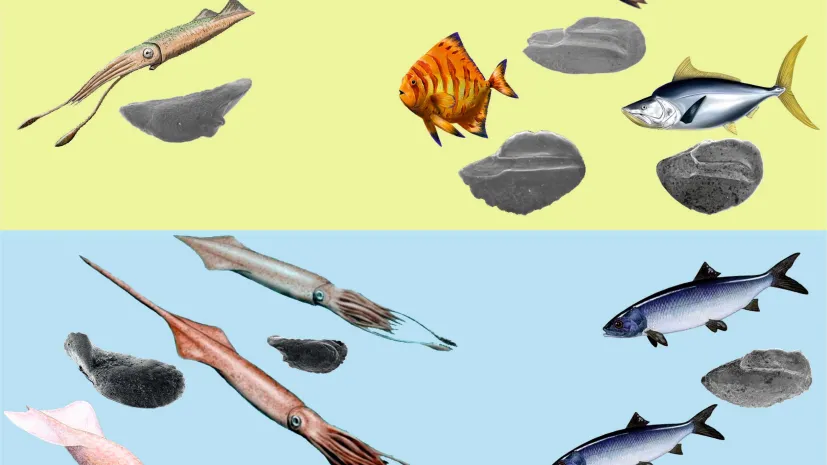
Polish scientists discover how fish took over the oceans
Fish began to dominate the world’s oceans in the Early Cretaceous, replacing cephalopods that had ruled the Jurassic seas, according to new research by palaeontologists from the Polish Academy of Sciences and their collaborators.
-

Polish scientists use visible light to produce formaldehyde from methanol
Polish researchers have developed a material that transforms methanol into formaldehyde under visible light, at room temperature and normal pressure, offering a potential green alternative to conventional, energy-intensive production methods.
-

Delusions and psychosis in schizophrenia linked to cognitive biases, says Polish psychologist
Jumping to conclusions, seeing signs where there are none, and attributing internal experiences to the outside world are among the cognitive biases that make living with schizophrenia difficult. These can be addressed through metacognitive training (MCT), explains psychologist Łukasz Gawęda, PhD, a professor at the Institute of Psychology of the Polish Academy of Sciences.
-

Polish scientist examines if lichens can survive on Mars
Scientists from Krakow and Wrocław are investigating how lichens cope in Mars-like conditions—and early results suggest they could survive there.



